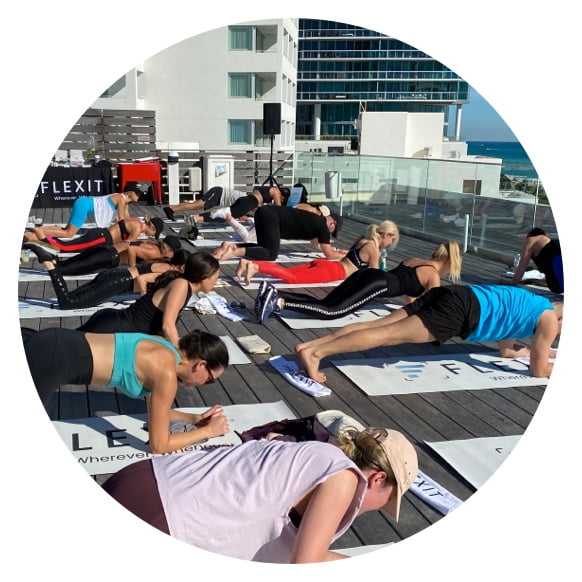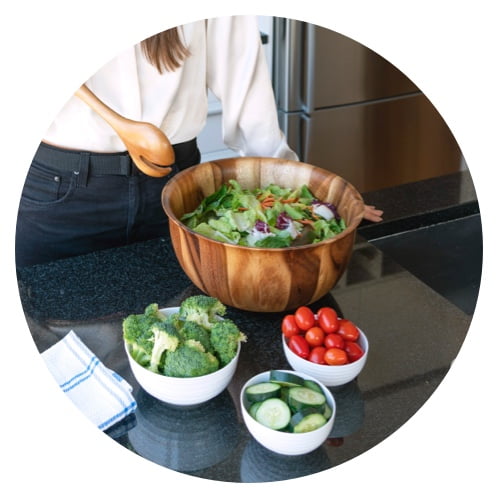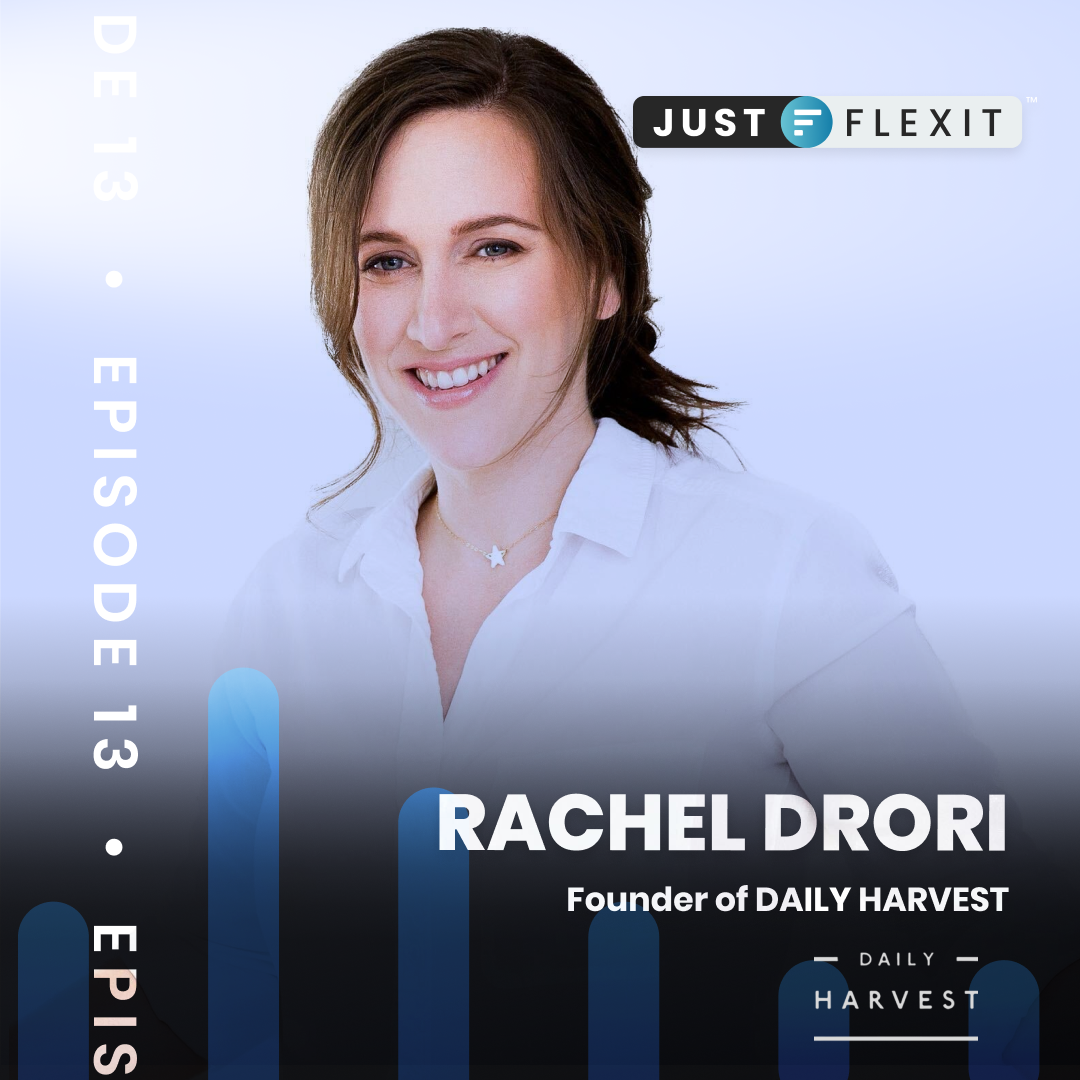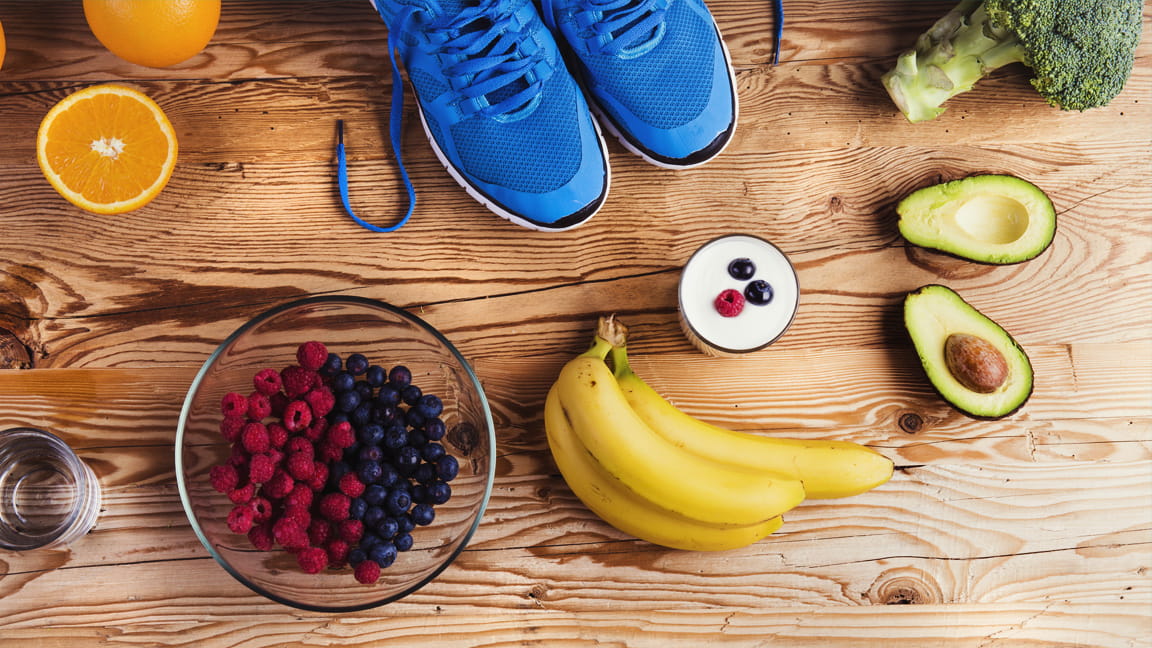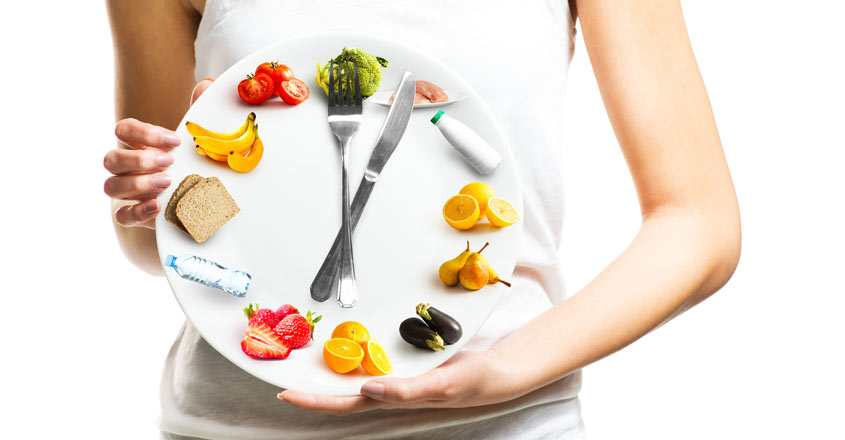
Men and Women alike need to eat well-balanced meals for their bodies to function properly. But women have special nutrient needs to keep in mind, and these often change during each stage of a woman’s life.
Healthy Eating Includes:
- At least three ounce-equivalents of whole grains
- Three servings of low-fat or fat-free dairy products
- Around five ounce-equivalents of protein-rich foods
- One-and-a-half to two cups of fruits
- Two-and-a-half cups of colorful vegetables
Iron Needs
Iron is important to good health, but the amount needed is dependent on a woman’s stage of life. Iron needs increase during pregnancy and are lower after reaching menopause.
- Foods that provide iron include:
- Red meat
- Chicken
- Turkey
- Pork
- Fish
- Kale
- Spinach
- Beans
- Lentils
- Cereals
Folate & Folic Acid
When women reach childbearing age folate (or folic acid) plays an important role in decreasing the risk of birth defects. The requirement for women who are not pregnant is 400 micrograms (mcg) per day. This increases while pregnant or breastfeeding. The daily need for folate is 600 mcg and 500 mcg per day.
Calcium & Vitamin D Requirements
Calcium keeps bones strong and helps to reduce the risk for osteoporosis, a bone disease in which the bones become weak and break easily. Some calcium-rich foods include low-fat or fat-free milk, yogurt and cheese, sardines, tofu, bok choy, soybeans, sesame seeds, green leafy vegetables, and plant-based milk alternatives, juices, and cereals.
The need for both vitamin D increases as women get older. Good sources include fatty fish, eggs, and milk, as well as some plant-based milk alternatives, yogurts, and juices.



